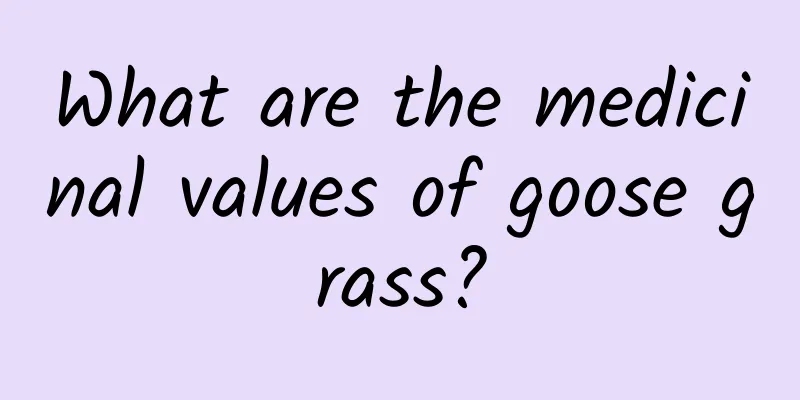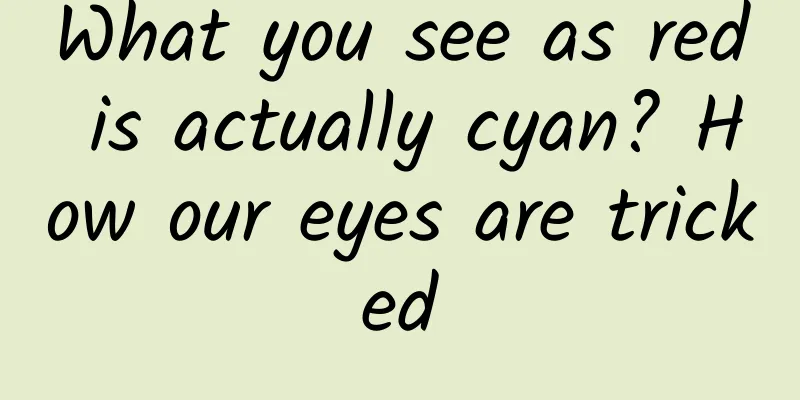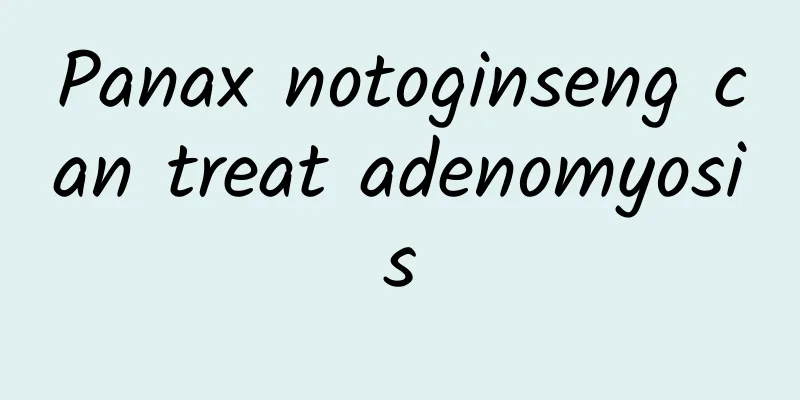What are the medicinal values of goose grass?

|
Many Chinese medicines come from the food around us and some common flowers and plants. These drugs have strong efficacy in treating diseases. As long as it is used reasonably, the disease can be treated very well. Goose does not eat grass is a relatively common Chinese herbal medicine. It can be very effective for some lung diseases. Let’s talk about the benefits of goose not eating grass. The efficacy and function of goose not eating grass Dispel wind, dispel cold, overcome dampness, remove cataracts, and relieve nasal congestion. It is used to treat colds, asthma caused by cold, throat congestion, whooping cough, abdominal pain caused by shaqi, amoebic dysentery, malaria, malnutrition and diarrhea, sinusitis, nasal polyps, itchy and dry eyes, ecthyma, scabies, and bruises. 1. "Supplement to Materia Medica": "To remove eye cataracts, press and plug the nose, and the cataract will fall off by itself." 2. "Si Sheng Ben Cao" (Compendium of Materia Medica): "It clears the nose, benefits the nine orifices, and expels wind and phlegm." 3. "Compendium of Materia Medica": "It can detoxify, improve eyesight, relieve eye swelling, cloudiness, deafness, headache, and soreness of the brain. It can also treat phlegm, malaria, nasal congestion, and relieve sores and swelling." 4. "Essentials of Raw Medicinal Herbs": "It can treat bruises and broken bones, and relieve pain and swelling." 5. "Yi Lin Zong Yao" (Medical Collection) "It can relieve depression, dispel cold, stop malaria, and stop dysentery. Grind it into powder and twitch it in the nose to induce sneezing and dispel cold depression." 6. "Illustrated Records of Plant Names and Realities": "It treats sha disease." 7. "Guangxi Medicinal Plant Atlas": "It is used to treat malnutrition." 8. Guangxi Traditional Chinese Medicine: "It can treat throat poison." 9. "Guangdong Traditional Chinese Medicine" II: "Treats whooping cough." 10. Guangzhou Army's "Handbook of Commonly Used Chinese Herbal Medicines": "Treats rheumatic waist and leg pain." The medicinal value of goose grass 1. Prevent colds and flu: Take 10g each of Radix Codonopsis pilosulae and Fructus Rosae Laevigatae, decoct in water and apply to nostrils. 2. Chronic bronchitis: 20g each of goose not eating grass, stone wei root and goat milk, decocted in water and taken orally. 3. Mastitis: Take appropriate amounts of goosegrass and hibiscus leaves, mash them and apply them externally. 4. Snake bite: Mash the goosegrass and apply it externally. 5. White mouth sores: Gastroenteritis 1 qian, borneol 0.5 fen, grind into fine powder, mix, and sprinkle on the affected area. 6. Corns: First, peel off the thick skin, mash fresh goose grass and apply it to the affected area, and remove it after three to five days. 7. Facial nerve paralysis: Take appropriate amounts of goosegrass and castor leaves, mash them and apply externally. 8. Various types of rhinitis: Take appropriate amounts of goose grass and fish parsley, mash them into juice and apply it to nostrils. 9. Dysmenorrhea: Grind goosegrass into powder and place it in the navel, then cover it with adhesive tape. 10. Eczema: Mash the goose grass and add salt to apply externally. 11. Whooping cough: add 150g of goose herb to 700ml of water, boil it until it becomes 500ml, filter it, add the same amount of syrup and benzoic acid to make a total of 1000ml. One year old should take 20ml; three years old should take 30ml; five years old and above should take 40ml, 4 times a day. If the cough is more severe at night, you can save the medicine for midnight. 12. Dysentery: 120g of dried goose grass and 30g of sugar, grind into powder and take with hot water (the dosage of this recipe is too large, so you can reduce the dosage according to the situation). 13. Ascariasis: Boil 9g of Goosegrass in water and add sugar for oral administration. Traditional Chinese medicine emphasizes symptomatic treatment. In addition, different dosages will result in different treatment effects. Although geese do not eat grass, they have good cough, expectorant and asthma relieving effects. However, when using it, it should be used symptomatically according to the patient's actual condition. Only in this way can the disease be treated better and the patient's pain be alleviated. |
<<: What are the advantages and disadvantages of papaya's medicinal value?
>>: What is the medicinal value of Eucommia ulmoides leaves?
Recommend
Why are young people so keen on "metaphysics"? This psychological answer is really unexpected
In our daily lives, various metaphysical rituals ...
Primary school students’ “Buddhist style of skewers”, do you get it?
Review expert: Zhu Guangsi, member of Beijing Sci...
The efficacy and function of Casuarina equisetifolia
The traditional Chinese medicine Casuarina equise...
The efficacy and function of yellow lotus
As for yellow lotus, I think some people may have...
The efficacy and function of chestnut
Many people know that chestnut pod has unique the...
Why are there debris after a rocket is launched? How serious are the consequences if it falls to the ground?
In recent times, some foreign media have been con...
The efficacy and function of Magnolia officinalis
Medicine is the best choice for treating diseases...
With 120 minutes left before sudden death from myocardial infarction, what else can we do?
I hope everyone can master a little more first ai...
What are the magical uses of Mulberry Parasite?
Mistletoe is a traditional Chinese medicinal mate...
When the sun turns on "violent mode", the earth simply can't "bear it"...
Before going out Checking the weather forecast is...
This infectious disease is still spreading! Be careful when you go swimming or playing in the water!
Where are the most crowded places in summer? That...
The efficacy and function of Miao Yaowang
Miao prescription refers to the precious medicina...
Effects of Guizhi Fuling Capsule
There are many common types of medicines. In the ...
Earth Hour: If you want to make the earth "easier", you can do these things →
The "Earth Hour" event is a global even...









